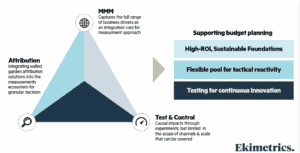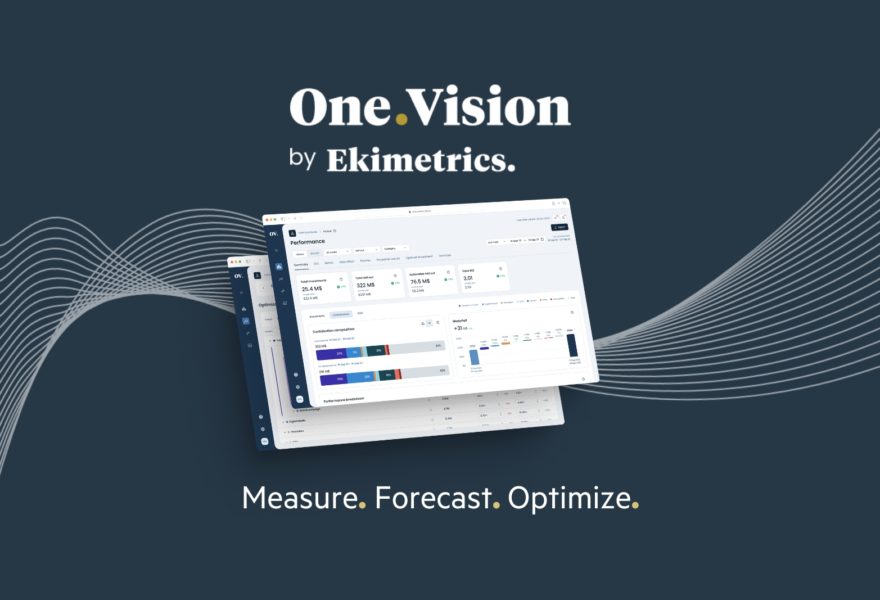
What does Google’s latest cookie deprecation delay mean for marketing measurement?
Complete or over-reliance on Google solutions means marketers remain at their mercy. Which isn’t to say those solutions aren’t useful, but that it’s essential brands are able to take control of their own destiny.
It’s almost certain that many brands have fallen into mis-attribution and a misplaced emphasis on digital, while accepting looser measures of more traditional media. All of which has made budget optimisation difficult and the results of the measures used subject to variation as data comes in and out of availability. Clearly, having to restate what you thought you knew is not a sustainable situation.
That’s why in our latest whitepaper, ‘A practical approach to the cookieless future of marketing effectiveness: embracing privacy and the loss of identity’, we advocate for a strategic, unified approach to measurement, designed to future proof against such issues. It also facilitates a shared language and common understanding across the business.
The paper introduces the notion of triangulating methods to triangulate response. This ensures granularity is used where it is available and with other complementary methods, all in a single framework that allows brands to use the right tool for the right job. The result is that the meaning of measurement is clear, not just for now, but that it will never change because data availability has changed.

Follow these seven steps to success for a standardised, global approach:
Are you able to access holistic measurement now? How often? How can you get to the right level of data? What process changes are needed?
What is the right level of granularity for the decisions you are making? Are they intra-campaign, annual budget, channel…? Are they the right decisions?
Does your measurement solution have the backing of those who control budgets? Does that include Finance? Can you get access to the data you need through IT partners or third parties?
Can you see that you’re creating both impact and a return? Or are you simply validating what has gone before? Are you looking forwards rather than backwards?
How easily can you find the answer to new questions? Or take a closer look at the different levers impacting channels or campaigns?
Don’t hire profiles. Successful data science covers a range of skills, from data architects and engineers to analysts and econometricians. Have you got the breadth of skills you need?
Are you looking at long time scales before you can make use of data? Can you take a more incremental approach to delivering benefit along the way – with complete, if imperfect in granularity, solutions?
Find out how to use multiple methods in a single framework and get back to the craft of marketing.
News
